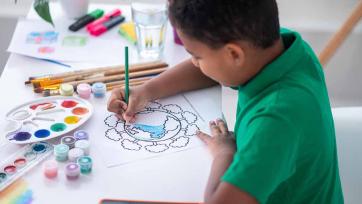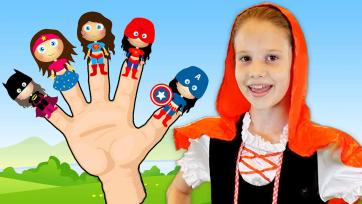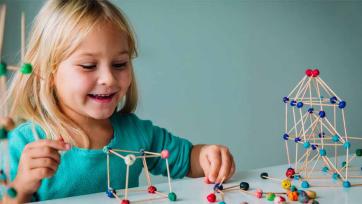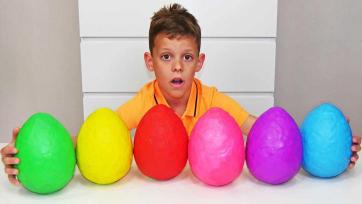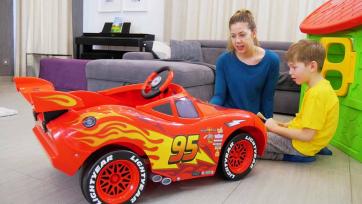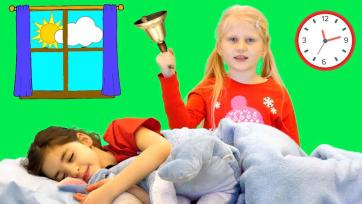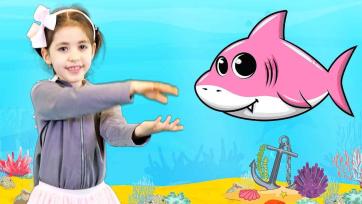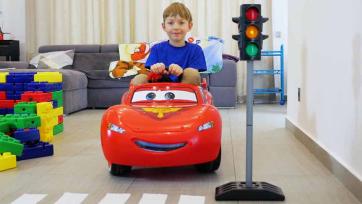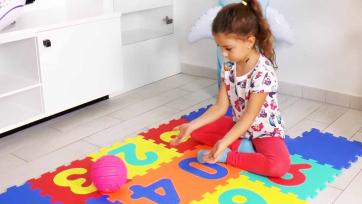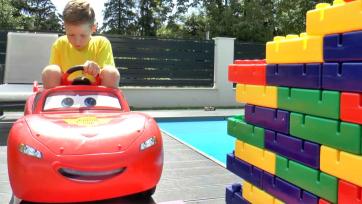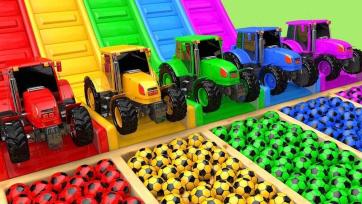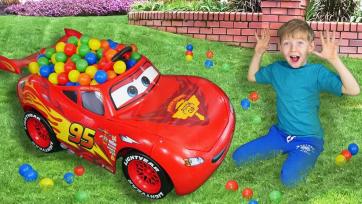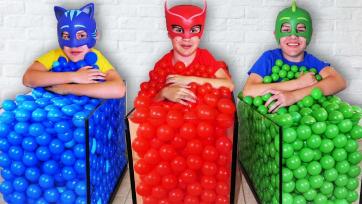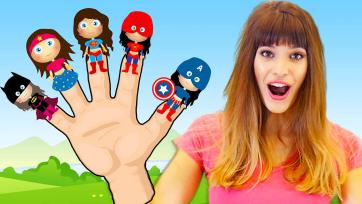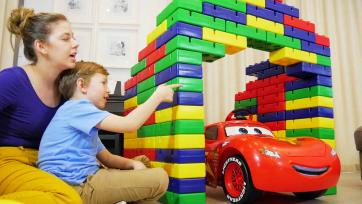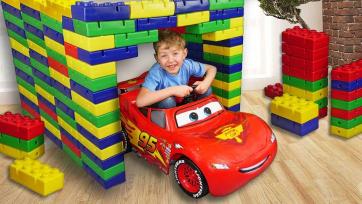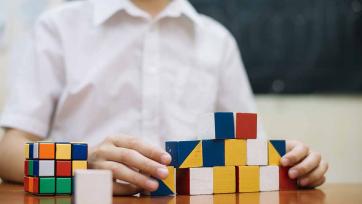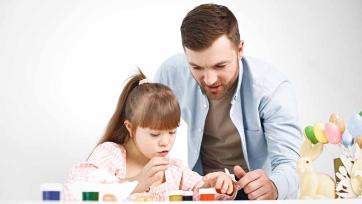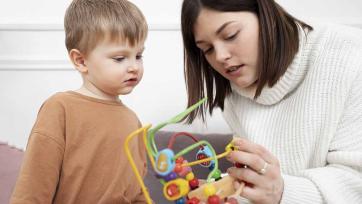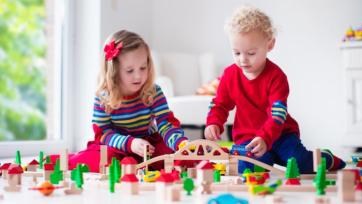What are nine healthy habits for kids?
It's tempting to dwell on the terrible elements of childhood, but plenty of positive experiences must be had. Simple healthy practices are one of the finest methods to promote a happy and healthy child. This blog post will introduce nine of the most beneficial techniques for kids and explain why they're so important. From developing good eating habits to getting enough exercise, read on to learn more about what these habits can do for your child's future.
Eating a balanced diet
Balancing a diet is vital when it comes to healthy habits for kids. Fruits, vegetables, grains, proteins, and dairy products comprise the CDC's recommended five dietary categories for children. The American Dietetic Association (ADA) also recommends that kids get at least 60 grams of fiber daily. Fibre helps keep us regular and can help prevent obesity and heart disease. Kids also need around 600 IU of vitamin D per day. Vitamin D aids in calcium absorption, which is crucial for healthy bones. Kids should try to eat four to six cups of fruits and vegetables daily. There is no ideal diet for children, but sticking to these recommendations can help them acquire the nourishment they need to flourish.
Not only do we need to ensure our children are eating a balanced diet, but we also need to provide them with opportunities to do so. This means providing them with nutritious foods and ensuring they have enough time for physical activity. When it comes to food, moderation is essential - especially when it comes to sugar-sweetened beverages (SSBs). SSBs are packed with calories and sugar, which can quickly add up over time and lead to weight gain in kids. Additionally, drinking too much sugary water can lead to tooth decay in children and diabetes in adults! Limiting SSB intake can not only help our children stay healthy physically,
Getting enough exercise
Working out regularly is highly recommended for optimal health. It can help to prevent obesity, heart disease, stroke, and other chronic illnesses. However, not all exercise is created equal. Different types of activities can be beneficial for different parts of your body.
Regarding kids and exercise, the most crucial factor is ensuring they do enough. Too little exercise can hurt their health, while too much practice can also be harmful. Try to find an activity you and your child enjoy and stick to a routine. There are many resources available online, including fitness magazines and websites.
Getting adequate rest
Getting adequate rest is one of the most important aspects of having a healthy lifestyle for kids. You must ensure your children get enough sleep each night and get the recommended amount for their age. Here are some tips for getting your children to get enough sleep:
1. Establish a bedtime routine. This will help your child get used to going to bed at a particular time every night, and it will help them learn how to fall asleep on their own.
2. Create a dark and quiet environment for sleeping. Ensure your child's room is dark and quiet, and avoid screens in the bedroom.
3. Limit activities close to bedtime. If your child is very active, try to keep activities close to sleep so they can wind down before bedtime.
4. Avoid caffeine late in the day. Stimulants like caffeine can dehydrate you, leading to sleeplessness later in the night.
Managing stress
When it comes to managing stress, there are many things that you can do on your own to help reduce the amount of anxiety and stress in your life. However, if you have kids, it can be harder to manage because they’re always demanding our time and attention. Here are some healthy habits for kids that can help reduce the amount of stress they experience:
1. Establish regular bedtime and wake-up times. This will help your child get a good night's sleep and avoid tumultuous mornings. 2. Set limits on screen time. Kids need physical activity and interaction as well as screen time in moderation. Limit screen time to an hour or so each day instead of letting them watch TV all day long. 3. Teach mindfulness and meditation skills. Helping your child learn to be present in their thoughts and feelings will help them deal with stress more effectively. Mindfulness techniques like loving-kindness meditation can be taught at home using simple steps like counting breaths or repeating a mantra like "I am enough" until your child becomes comfortable with the practice. 4. Talk about stressful situations with your child before they happen. This will help them understand why something might cause them stress and give them the tools they need to cope when things get tough. Please provide a detailed description of what's happening so they can understand what's happening worldwide.
Keeping up with vaccinations
Keeping up with vaccinations is essential for your child's health and the health of other people in their community. Vaccinations are recommended for children aged 1, 4, and 6 months and adults with no previous vaccine series. If you have questions about whether or not a particular vaccination is suitable for your kid, consult with a pediatrician or other medical professional.
Some healthy habits that may help keep a child healthy include: eating a balanced diet, getting enough exercise, avoiding tobacco smoke, and getting regular checkups. After receiving a vaccine, monitoring a child's fever and respiratory symptoms (coughing, chest tightness) is essential. If you are worried about your kid's immunization immunization immunization record or health, you may contact the; please talk to your pediatrician or another healthcare provider.
Avoiding toxins in the environment
One of the best ways to avoid environmental toxins is to clean your child's environment. Here are a few healthy habits for kids:
1. Clean up after yourself. When you finish playing or eating, make sure everything is clean and put away. This includes your toys, tables, chairs and other belongings.
2. Don't litter. If you must toss something into the trash, try to recycle it or compost it. Or take your waste with you when you go out – don't leave it behind!
3. Choose safe foods. When your child eats food, ensure it is safe for them to eat – check the ingredients list on packages and look for symbols like "no colors added" or "made with whole grains" on labels. Be aware of fast-food chains that use unhealthy ingredients like hydrogenated oils (in many snack bars) or artificial flavors (in many pre-packaged foods).
4. Keep toxic materials out of sight and out of reach. Avoid putting any harsh chemicals down the drain or leaving poisonous cleaning products around where your child can get them – these can be dangerous if ingested! Instead, take care of these tasks outside of your home: use rain barrels to catch stormwater; compost; call a neighbourhood green team to pick up leaves and yard waste; or ask a friend if they would be willing to do some spring/fall
Protecting your mental health
There are many ways to protect your mental health as a parent or guardian. You can start by ensuring your children get enough sleep, exercise, and nutritious foods. You can also encourage them to socialize, socialize with friends and participate in activities that make them happy. And finally, be sure to talk to your child if they seem anxious or moody – you may be able to help them manage their symptoms.
Supporting your child's healthy development
Creating and following healthy habits is essential to support your child's healthy development. Some healthy habits recommended for kids include eating a balanced diet, getting enough exercise, and getting enough sleep. It is also necessary to monitor your child's moods and behavior to identify any concerning patterns. If you notice any concerning behaviors or attitudes, talk to your doctor or therapist about what may be happening.
Educating yourself about healthy eating and lifestyle habits
To keep a healthy weight and live a long, healthy life, one must educate oneself and children on appropriate food and lifestyle practices. If you want to help your children eat better, consider these five suggestions.
1. Eat breakfast every day. When you have breakfast, your body will be better able to use the nutrients it has stored for the rest of the day. Try making eggs or oatmeal instead of sugary cereal or fast food.
2. Avoid processed foods as much as possible. Consuming many processed meals may quickly lead to excess weight gain due to their high calorie and fat content. Try to stick with whole grain bread, fruits, vegetables, and lean protein sources instead of processed foods.
3. Limit how much sugar you eat. Sugary drinks like juice, soda, and sweetened milk are high in calories and empty calories that will not help you lose weight or maintain your current weight. Instead, try drinking unsweetened fruit juice or water with a bit of lemon or lime juice added for flavor.
4. Exercise regularly throughout the year. Even if your child isn't overweight, regular exercise can boost their mood, cognitive function, physical ability, self-esteem, sleep quality, and stress levels over time – all key factors in maintaining a healthy body.



